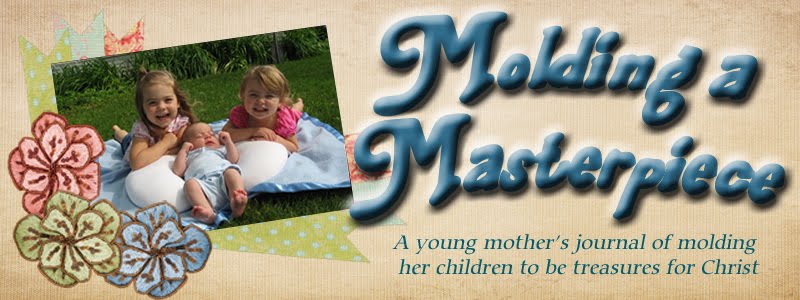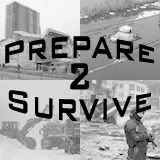Basically, with Montessori learning doesn't just occur in a structured classroom type setting with lesson plans and workbooks. Really the Montessori classroom is the world, specificaly the world of the child. Barbara Curtis explains that there are five God-given potentials that each child has. They are the potentials for independance, order, self-control, concentration, and service. Each child also has "sensitive periods" that should be taken advantage of in order for the learning process to be the easiest. Each "sensitive period" only occurs once and after that time ends the learning process is more difficult. The "sensitive periods" consist of movement (0-1), language (0-6), small objects/hand-eye coordination (1-4), order (2-4), music (2-6), toileting (18mo - 3), grace and courtesy (2-6), senses (2-6), writing (3-4), reading (3-5), spatial relationships (4-6), and mathematics (4-6). With the Montessori method many different activities are used to teach and develop the child's potentials while taking advantage of the sensitive periods. Many of these activities can be put together with common items you may have around you house. Other items may need to be purchased or made such as sand paper letters or small pitchers to fit your child's hands. It is also important to create a child-friendly home: pictures at the child's level, books, toys and activities were the child can reach them, a special place for the child to read, etc.
In How to Raise An Amazing Child the Montessori Way there are tips on making a child-friendly home, sensory activities, activities to build independance and encourage service, exploring the outdoors, learning about other cultures, reading, math, and science all with full color photos. There is also a chapter on "Keeping the Peace." As a Christian, I would use the activities but skip this chapter on discipline and "peace."
Barbara Curtis in Mommy Teach Me! gives instructions for many of the same activities and more. The activities that she explains in her book are what she calls "small beginnings exercises" (which develop the five potentials as well as gross and fine motor skills, sensory discrimination, and hand-eye coordination), manipulatives (cognitive and fine motor skills), imaginative play, math, science, geography, fine arts, and spiritual life. Reading is taught in her book Mommy Teach Me to Read! Barbara Curtis also thoroughly explains how to introduce the activities to your child, as well as gives a list of items needed for each one.
I think that this method of preschool would go along very nicely with Charlotte Mason's style as she advocated the preschool years be spent learning as much about their world in their world (specificaly outdoors) and not in a highly structured "school" setting. This also would work with the classical method since it exposes the child to liturature and prepares them for concentration and critical thinking.
My plan now is to buy Mommy Teach Me! and Mommy Teach Me to Read!, start collecting materials to use, and then after Baby Bear is born, and we are settled in our new house and into our new routine, I can start introducing more of these concepts and activities into our day.











